Date: 24 April 2012
Windshields haven’t been recycled widely in the past because it is difficult to separate the glass and inner polyvinyl butyral (PBV) plastic layers, but more recycling plants have been developed to make the process more practical. The recycled glass and PVB materials are repurposed for U.S.-manufactured goods, including fiberglass insulation, paint and primer, solar cells, carpet backing, and plastic products.
Safelite AutoGlass® began rolling out the program in markets near its selected recycling plant partner at the beginning of 2011 with the implementation in the east coast expected be complete by the end of May. It will then be expanded and rolled out to the west coast.
The logistics of collecting the old windshields and shipping to the recycling plant were designed to be carbon neutral, using existing freight lanes within the supply chain.
“Our corporate responsibility efforts are three-fold: ethics, charity and environment,” said Tom Feeney, Safelite’s president and CEO. “We are proud to add windshield recycling to our long list of ‘green’ business practices, and we believe our customers will be delighted with this innovation as well.”
Safelite AutoGlass® is committed to its environmental sustainability policy. Currently, Safelite® recycles other types of vehicle glass at its manufacturing plant in Enfield, N.C. In 2011, more than 5 million tons of glass was recycled out of that location alone.
Other recycling efforts include a partnership with Redemtech to recycle and re-use computers, phones and similar technology, keeping them out of the landfill. Approximately 300 phones each month are recycled. In 2011, Redemtech processed 2,908 assets for Safelite®, refurbishing 1,077 and recycling 1,831 of them for an equivalency of energy savings to power 585 houses per year, remove 64 cars from road per year and reduce hazardous waste by the weight of 237 bricks.
In addition, the wooden pallets used in glass distribution are broken down and chipped for mulch. Some is also used in a composting process. The nails in the pallets are captured during the chipping process and sold as a low-end recycled metal. In 2011, Safelite® began using re-usable steel pallets as an alternative.
Finally, by offering windshield repairs as an alternative to replacement, Safelite AutoGlass® saves approximately 35,000 tons of CO2 during windshield production each year, enough to fill the Empire State Building approximately 19 times. In addition, it saves the number of damaged windshields being sent to the landfill by approximately 12,500 tons annually.
About Safelite AutoGlass®
Safelite AutoGlass®, founded in 1947, is the nation’s leading provider of vehicle glass repair and replacement service, providing mobile service to more than 95 percent of the U.S. population in all 50 states. The Columbus, Ohio-based company employs nearly 10,000 people across the United States and served 4.4 million customers last year. For more information, visit www.safelite.com.

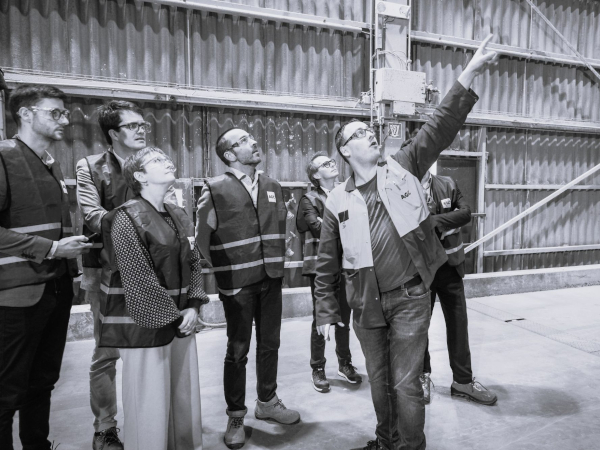
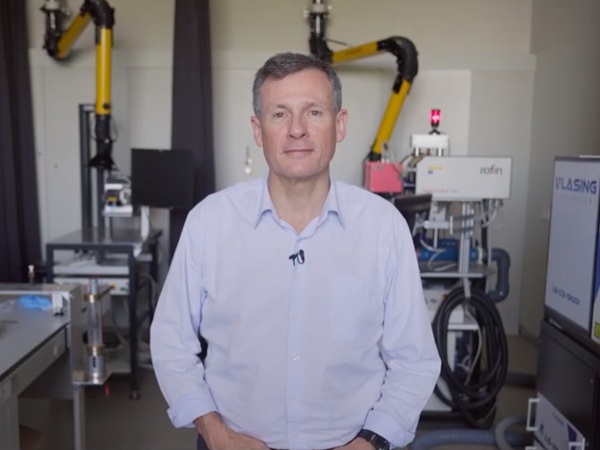
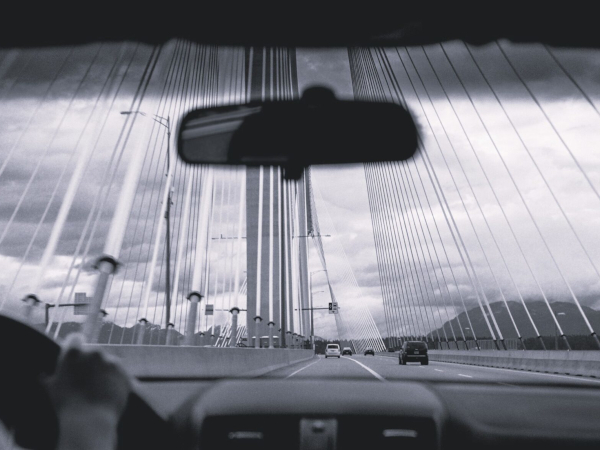
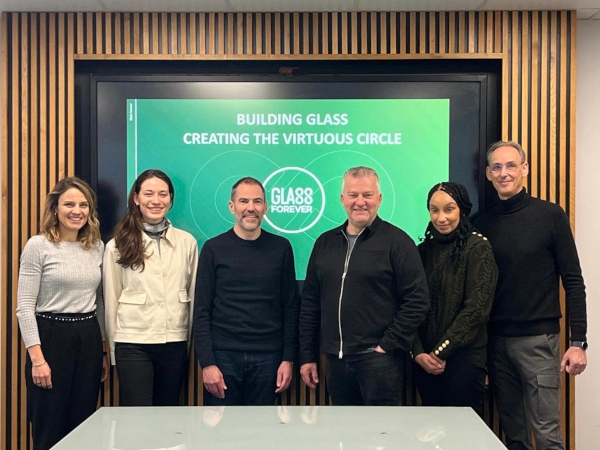
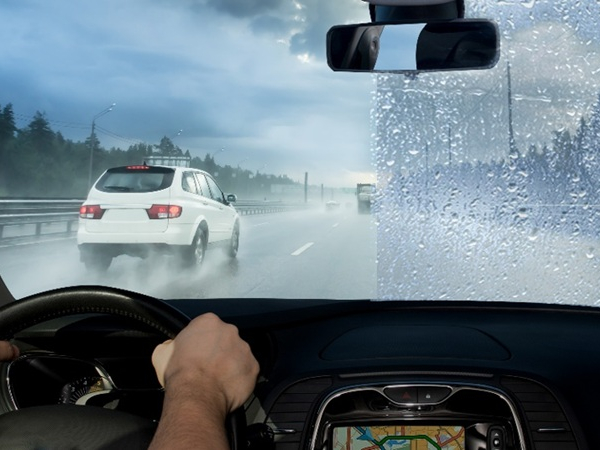
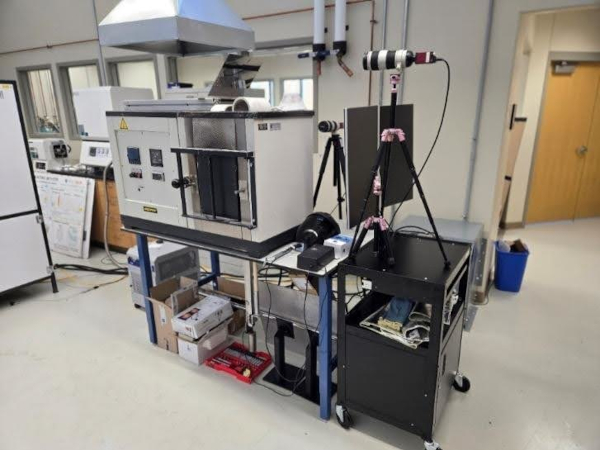







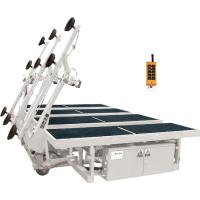
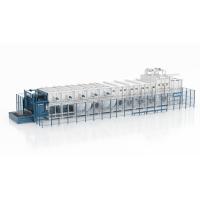

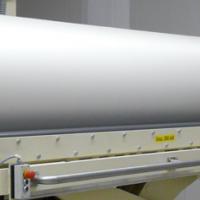
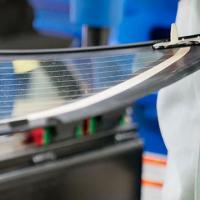
Add new comment